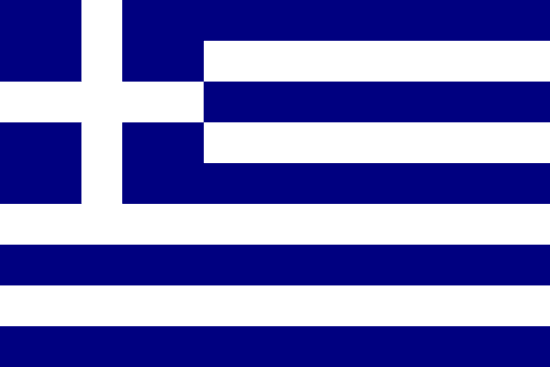"Η Επίδαυρος, ο πολιτισμός και η ιστορία | Epidaurus, the culture and history."
About:
Epidaurus, an ancient Greek city in Argolis, was founded in the 6th century BC. Known for its sanctuary of Asclepius, the god of medicine, it became a prominent healing center. The city's theater, built in the 4th century BC, is well-preserved and still used for performances. Epidaurus declined after the Roman conquest and was abandoned in the Byzantine period. Rediscovered in the 19th century, it's now an important archaeological site and a UNESCO World Heritage Site.
When to visit:
Epidaurus, located in the Peloponnese region of Greece, is best visited during the spring and autumn months, specifically from April to June and September to October. During these times, the weather is pleasant with mild temperatures, making it ideal for exploring the ancient ruins of the famous Epidaurus Theater and Sanctuary of Asklepios. These months also coincide with fewer crowds, allowing visitors to enjoy the historical sites in a more peaceful and serene environment. Additionally, attending the annual Epidaurus Festival held during the summer months is a highlight for those interested in experiencing ancient Greek theatrical performances in a stunning setting.
When to avoid:
The worst time to travel to Epidaurus on a holiday is during the peak tourist season, which typically occurs from June to August. During this time, the site can become overcrowded with visitors, leading to long lines and difficulty finding accommodations. Additionally, the summer months in Epidaurus can be extremely hot, with temperatures often exceeding 90°F (32°C), making outdoor exploration uncomfortable. To avoid the crowds and high temperatures, it is recommended to plan your visit during the shoulder seasons of spring (April to May) or fall (September to October) when the weather is milder and the site is less crowded.
"Winter Season (Dec-Feb)"
In Epidaurus, Greece, the coldest and wettest portion of the year falls between December and February. Average temperatures range from 8-15°C (46-59°F). Rainfall peaks in December with an average of 120mm. Days are shorter with only 5-6 hours of sunlight, often interrupted by moderate cloud cover. An average day for a visitor might include a brisk morning walk under an overcast sky, followed by intermittent showers. Despite the chill, exploring the ancient ruins is still possible, but carrying an umbrella and wearing layers is advised.
"Summer (June-August)"
In Epidaurus, Greece, the warmest part of the year is typically from June to August. The average high temperatures during these months range from 28°C (82°F) to 32°C (90°F), while the average low temperatures are around 15°C (59°F) to 20°C (68°F).
Rainfall is minimal during this period, with July being the driest month. The total average rainfall for these summer months is less than 1 inch, making this the driest season of the year.
Sunlight is abundant during this time, with an average of 12 to 13 hours of daylight per day. The sun rises at around 6 a.m. and sets at about 8 p.m., providing plenty of daylight for outdoor activities.
Humidity levels are relatively low, generally ranging from 50% to 60%. This makes the heat more bearable and comfortable for visitors.
Cloudiness is also minimal during these months, with clear or mostly clear conditions for about 80% of the time. It means you can expect blue skies and plenty of sunshine most days.
A typical day for a visitor in Epidaurus during this time would start off cool in the morning, gradually warming up towards midday. The afternoons can be hot but are usually tempered by a light sea breeze. Evenings are comfortably warm, perfect for enjoying outdoor dining or a walk along the beach. Despite the heat, the low humidity and regular breezes make it feel comfortable rather than stifling. The plentiful sunshine and blue skies create ideal conditions for sightseeing and exploring the historical sites Epidaurus is famous for.
Language:
In Epidaurus, a small town in Greece, the most commonly spoken language is Greek. This is the official language of the country and is used in everyday communication, education, and government functions. English is also widely spoken, especially in the tourism sector, due to the town's historical significance and popularity among international visitors.




